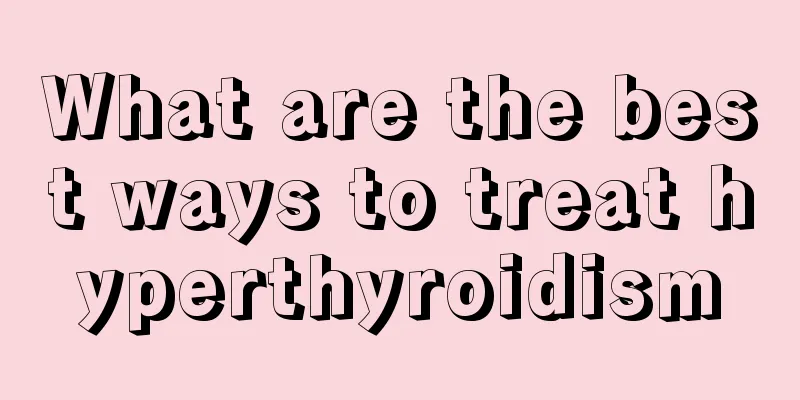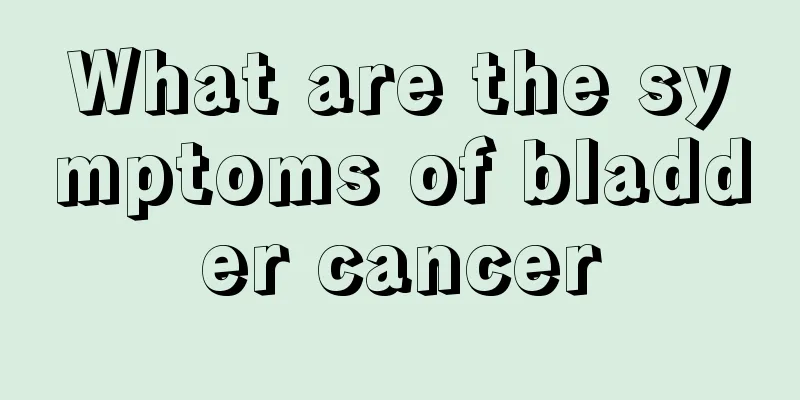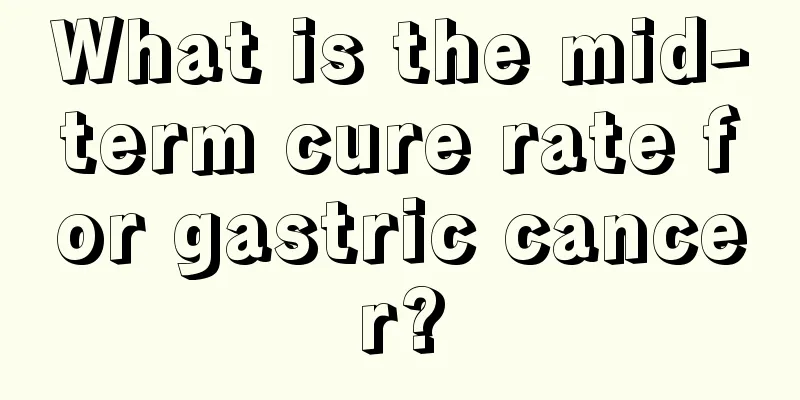What are the best ways to treat hyperthyroidism

|
Hyperthyroidism is very harmful to human health. It is necessary to detect and treat it in time to ensure the best treatment effect. There are many treatments for hyperthyroidism. The most common one is taking drugs that inhibit the production of thyroid hormones. The more common drugs are radioactive iodine 131. For patients with more serious symptoms, surgery can be used for treatment, and chronic patients can also be treated with traditional Chinese medicine. 1. Drug treatment that inhibits thyroid hormone production This therapy is the most widely used and is effective for most patients. Conventional treatment can achieve long-term remission in 40% to 60% of patients, but the relapse rate is high after discontinuation of medication. 2. Radioactive iodine 131 therapy The therapeutic effect is achieved by utilizing the iodine accumulation function of the thyroid gland and the B-rays of radioactive iodine to destroy the alveolar epithelial cells, thereby reducing the production and secretion of thyroid hormones and the production of antibodies by intrathyroidal lymphocytes. However, while destroying the diseased thyroid tissue, it also has a high radiation effect on the normal tissues of the human body. More than 70% of patients will develop lifelong hypothyroidism and need to take thyroid hormones for a long time. The effect is not obvious after taking more than 20%, and it needs to be taken multiple times, which is troublesome. 3. Surgical treatment Use a scalpel to remove part or all of the patient's thyroid tissue in the neck to temporarily remove the diseased tissue. However, it is easy to cause a variety of complications: 1. Wound bleeding; 2. Wound infection; 3. Insufficient preoperative preparation may induce crisis during or after surgery; 4. Damage to the superior laryngeal and recurrent laryngeal nerves may cause hoarseness; 5. Parathyroid injury may cause temporary or permanent hypoparathyroidism; 6. Postoperative hypothyroidism, with an incidence rate of 10%~15%; 7. Recurrence of hyperthyroidism after surgery; 8. Exophthalmos may worsen. 4. Traditional Chinese Medicine Treatment Traditional Chinese medicine adopts a combination of symptomatic treatment and overall regulation in the diagnosis and treatment of hyperthyroidism. A special feature of traditional Chinese medicine in the diagnosis and treatment of hyperthyroidism is the unity of symptomatic treatment and overall regulation. It not only pays attention to providing corresponding symptomatic treatment for local lesions, but also pays attention to overall regulation treatment. It is not easy to relapse and the therapeutic effect is significant. What are some good treatments for hyperthyroidism? The above is a detailed description of the relevant content, and everyone has some understanding of it. Therefore, choosing the right treatment is the key to recovery. We would also like to remind all patients not to seek medical treatment rashly when they are ill, and to always choose a regular hospital for treatment. |
<<: What are the symptoms of gastric bleeding?
>>: What are the precautions for bladder examination?
Recommend
Common symptoms of rectal cancer are mainly as follows
Rectal cancer is a cancer that needs everyone'...
Tips for getting fish bones stuck in the throat 9 tips for softening fish bones
When eating fish, small fish bones often get stuc...
Caffeine allergy
The clinical symptoms of caffeine allergy are mai...
It turns out that these three places are the most common sites for esophageal cancer
Esophageal cancer is a digestive system disease t...
What are the oral chemotherapy drugs for breast cancer
Breast cancer is a common tumor that threatens wo...
Will drinking ginger water cause constipation?
If you don’t drink enough water every day, you wi...
What Chinese medicine can cure esophageal cancer
As the incidence of esophageal cancer continues t...
Stomach pain in early pregnancy is like menstruation
Many women will experience mild abdominal pain wh...
What are the early symptoms of small cell lung cancer
Small cell lung cancer often occurs in smokers, a...
What foods increase metabolism the fastest?
As we all know, the speed of metabolism is a sign...
What's wrong with the pain in the back of the thigh
There are many reasons for the symptoms of sorene...
Why does hair grow slowly
I often hear some women say with regret that thei...
Is cold light teeth whitening useful? What is cold light whitening?
A confident and charming smile is not only insepa...
There's a black spot on my front teeth, what's going on?
White teeth make people look very healthy, but ma...
What should I do if my heels get blisters from shoes?
People often say that a pair of suitable shoes ca...









